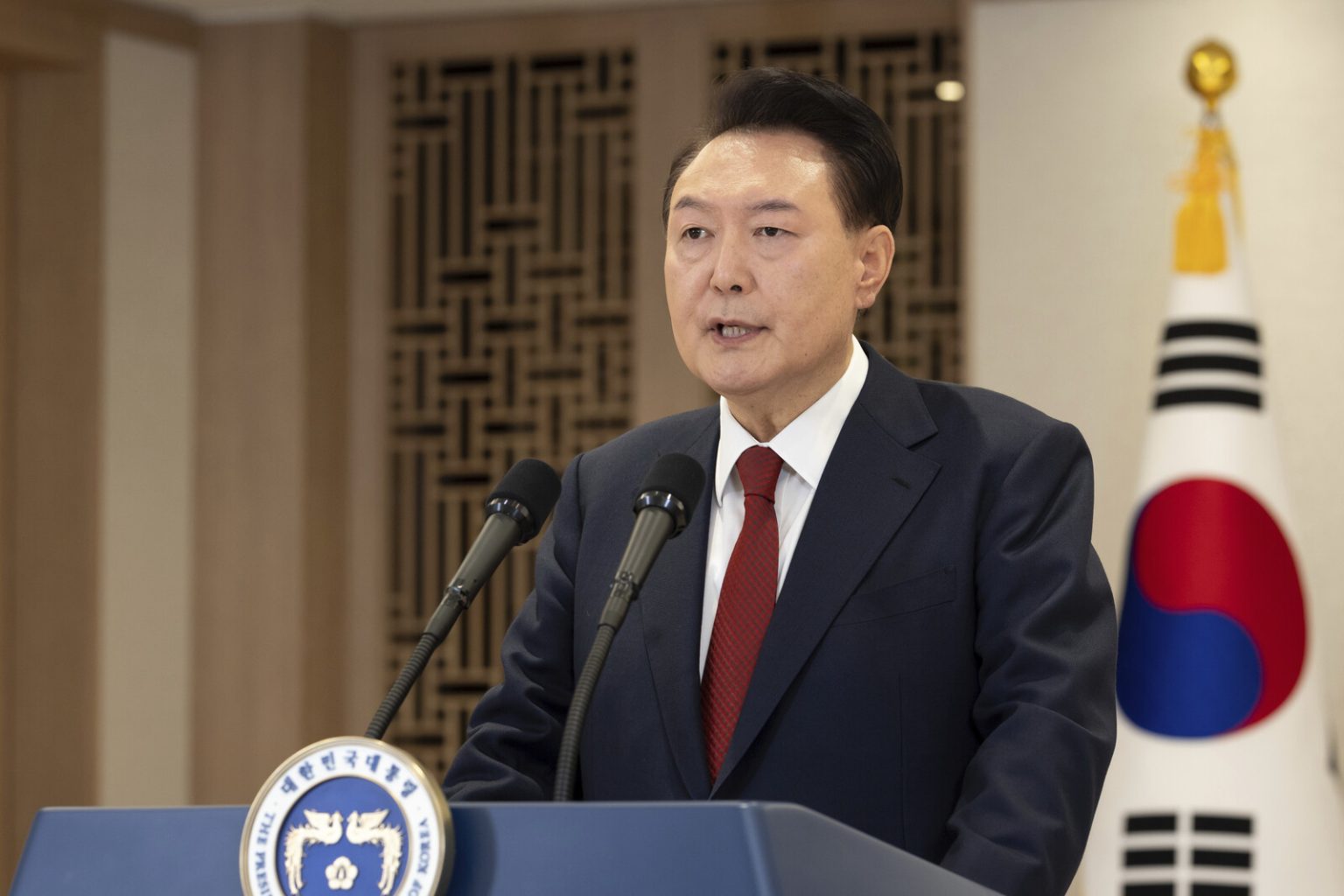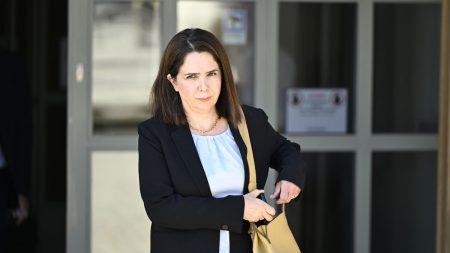The political landscape of South Korea has been thrown into turmoil following President Yoon Suk-yeol’s short-lived attempt to impose a state of emergency and martial law on December 3rd. This drastic move, swiftly countered by a parliamentary vote just hours later, has sparked a national crisis culminating in impeachment proceedings against the president and his subsequent suspension from office. The events have raised serious questions about the president’s judgment and the stability of the country’s democratic processes, with potential legal ramifications that could include life imprisonment or even the death penalty for Yoon and his close associates.
The controversy revolves around the legality and motivations behind Yoon’s declaration. While the specific details leading to his decision remain unclear, the parliament’s rapid rejection suggests a lack of consensus and potentially a grave miscalculation on the president’s part. The move to invoke martial law, a measure typically reserved for times of extreme national peril, appears to have lacked sufficient justification, triggering immediate pushback from the legislative branch. This swift response underscores the checks and balances inherent within South Korea’s democratic system, preventing the executive branch from wielding unchecked power. The parliament’s decision to proceed with impeachment proceedings signifies the seriousness of the alleged offense and the determination to hold the president accountable for his actions.
The legal battle lines are being drawn, with the key question revolving around whether the president’s actions constitute an insurrection. While Seok Dong-Hyeon, one of Yoon’s defenders, maintains that the declaration of martial law does not legally qualify as an insurrection, the parliament’s vote to impeach suggests a differing interpretation. The concept of insurrection generally implies an organized attempt to overthrow a government, and the prosecution will likely need to establish that Yoon’s actions were aimed at such an outcome. This will necessitate a thorough investigation into the circumstances surrounding the declaration, including the president’s intentions, the perceived threat level, and the potential consequences of his actions. The defense will likely argue that the president acted within his perceived constitutional authority, albeit mistakenly, and that his intent was not to overthrow the government but to address a perceived crisis.
The severity of the potential penalties facing Yoon and his inner circle underscores the gravity of the situation. The prospect of life imprisonment or the death penalty hangs over the proceedings, adding immense pressure to both the prosecution and the defense. The investigation will likely scrutinize communication records, internal memos, and testimony from key figures within the administration to establish a clear timeline of events and uncover the motivations behind the declaration. The outcome will have profound implications not only for Yoon personally but also for the future of South Korean politics.
The political fallout from this crisis is likely to be far-reaching. The impeachment process itself is divisive and could further polarize the country. Public opinion will undoubtedly play a significant role in shaping the narrative and influencing the outcome. The speed and decisiveness of the parliament’s actions suggest a strong sense of urgency and concern regarding the president’s conduct. The impeachment trial will serve as a critical test of South Korea’s democratic institutions and its commitment to the rule of law.
Beyond the immediate legal and political consequences, this incident raises broader questions about the state of South Korean democracy. The ease with which the president attempted to impose martial law has sparked concerns about executive overreach and the potential for future abuses of power. The crisis also highlights the importance of a robust and independent judiciary capable of holding even the highest office accountable. The coming months will be crucial in determining the long-term impact of this crisis on South Korea’s political landscape and its democratic foundations. The international community will also be watching closely as the events unfold, observing how South Korea navigates this challenging period and upholds its commitment to democratic principles. The outcome of the impeachment trial and the subsequent legal proceedings will undoubtedly shape the trajectory of the country’s political future.














